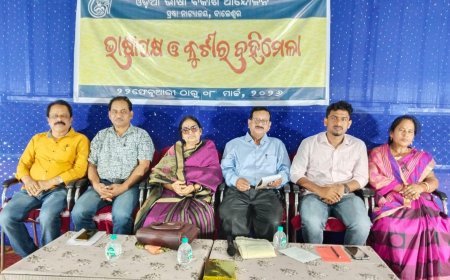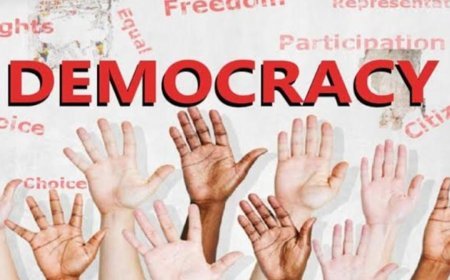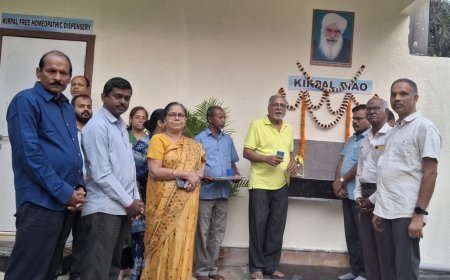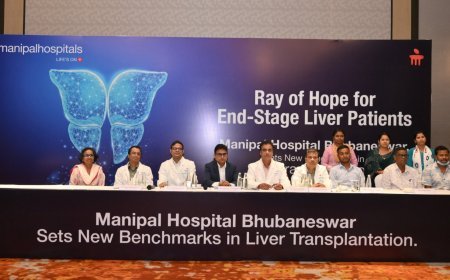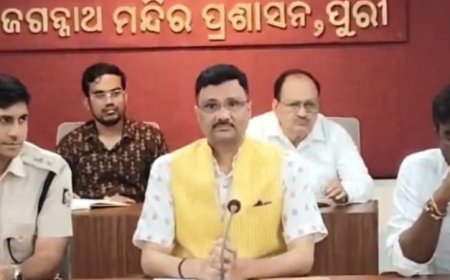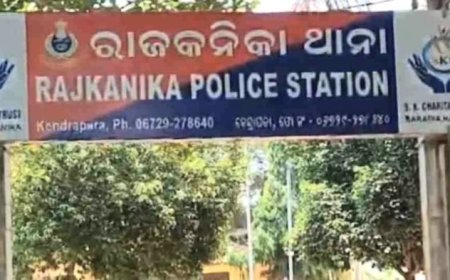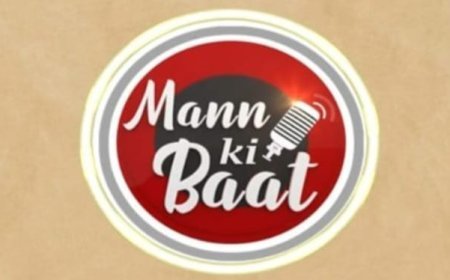VOTE KI AWAAZ DATA FOR BHUBANESWAR NORTH & CENTRAL CONSTITUENCIES RELEASED
Bhubaneswar (24/05/2024): The data released by Association for Domestic Reforms (ADR) and Odisha Election Watch via Myneta provided voters with easy and structured access to information from candidate affidavits.
Similarly, Vote Ki Awaaz enhances this digital interface by offering single-click access to structured representations of candidates' policy preferences, focusing on their responsibilities in elected office and the questions posed by voters. This data has only been gathered for the two aforementioned constituencies.
The need for this arose when we discovered that a simple online search for candidate interviews required a significant amount of time and digital literacy.
Unless a voter watches the news daily or belongs to specific groups or channels circulating political content, it is challenging to easily access representations of all the candidates. The questions posed by Vote Ki Awaaz focus purely on the civic concerns of the constituency, primarily seeking accountability for the functions listed in the 74th Constitutional Amendment Act.
These questions were developed after surveying voters to collect the questions they wanted to ask their candidates.
Unemployment and high prices were the most frequently mentioned concerns, aligning with multiple recent surveys that have highlighted these issues.
Despite record GST collections in January, economic surveys indicating faster-than-average growth in Odisha, and increasing per capita GDP, trickle-down economics appears to be working too slowly.
Prices remain at an all-time high, preventing the middle and lower economic classes from tangibly benefiting from this growth.
Regarding ecology, water shortage emerged as the top issue in both Bhubaneswar North and Central.
Demands for tube wells, more efficient water irrigation methods, and forest conservation were prominently mentioned. Based on our collected data, we further consulted with community leaders to fully articulate these concerns in the context of the concerned constituency.
We consulted trade unionists and youth leaders on unemployment, tribal leaders on conservation, and women's leaders on gender equity.
The questionnaire for candidates was thus framed primarily by voters to assess candidates' specific knowledge of local issues.
These include identifying areas with frequent power cuts since the privatization of the power grid by TATA, areas requiring tube wells, industries best suited to tackle growing unemployment, and holistic methods to address liquor addiction. The platform joins a large number of other digital platforms providing constituency-specific databases on transparency and accountability-related metrics.
The ADR and OEW encourage voters to use such tools to make more informed decisions while voting.








